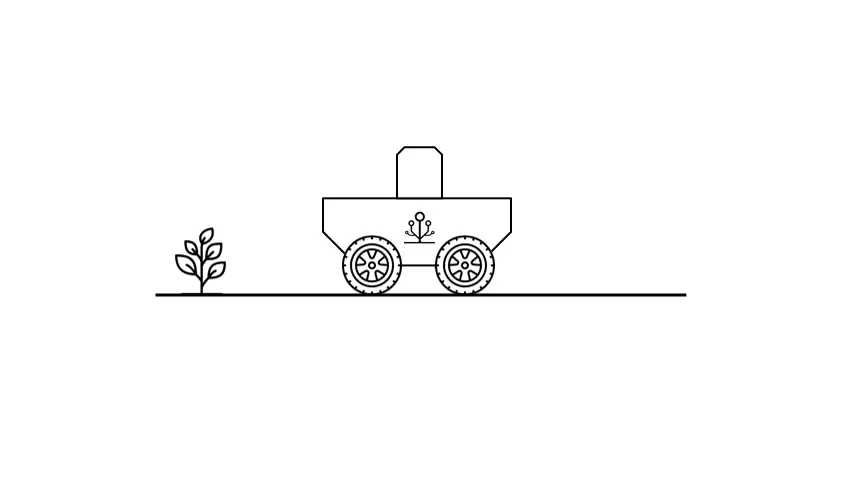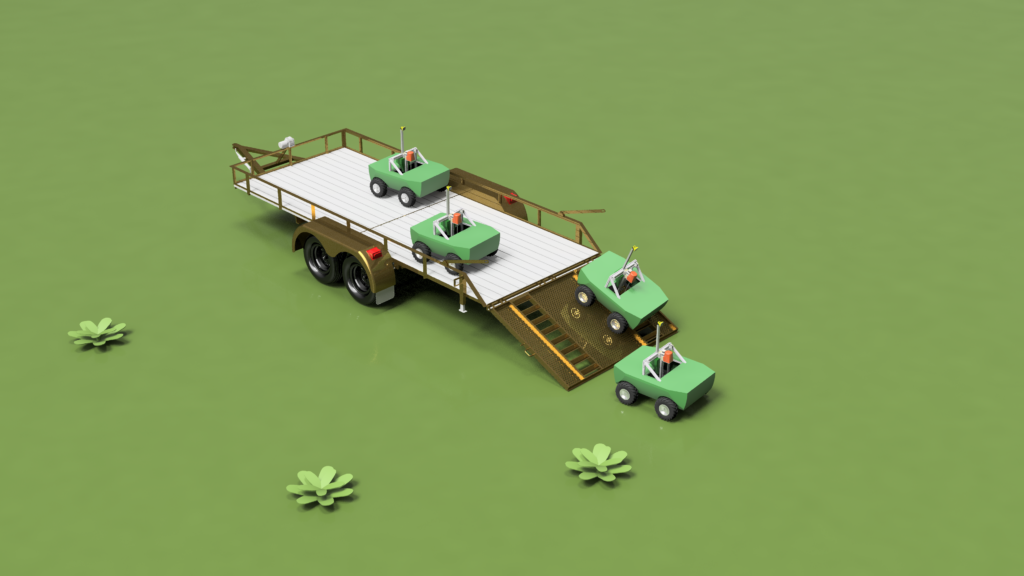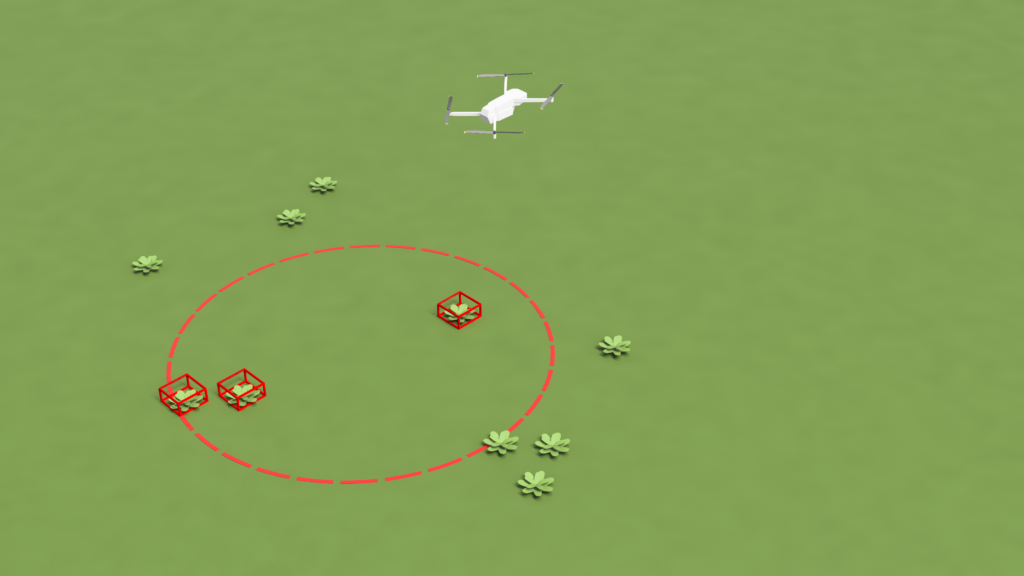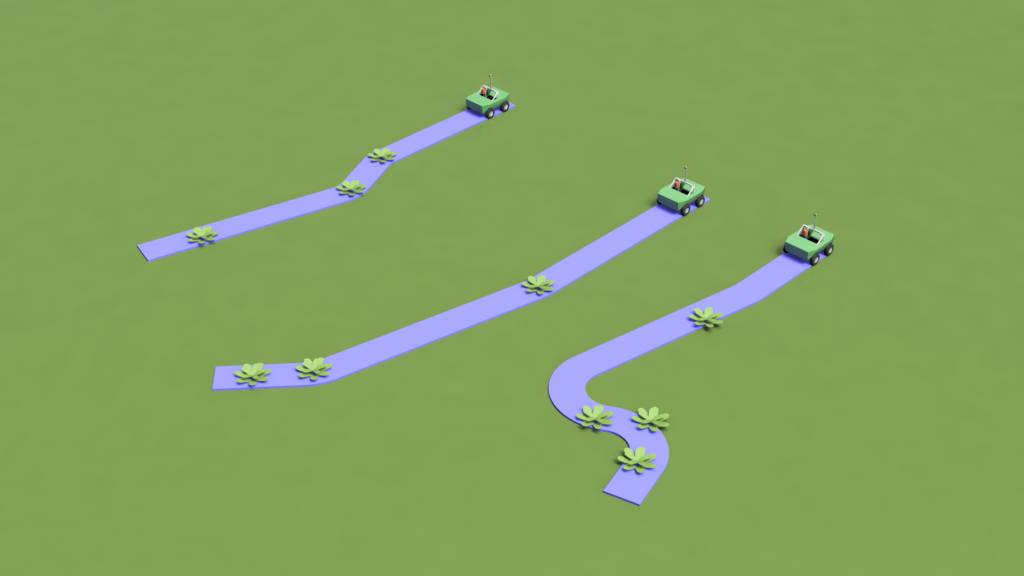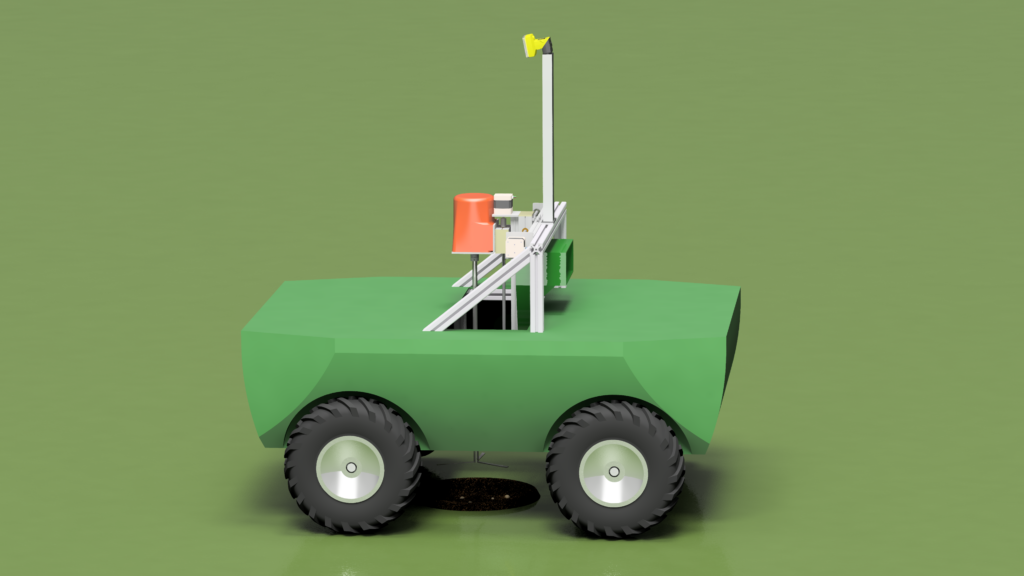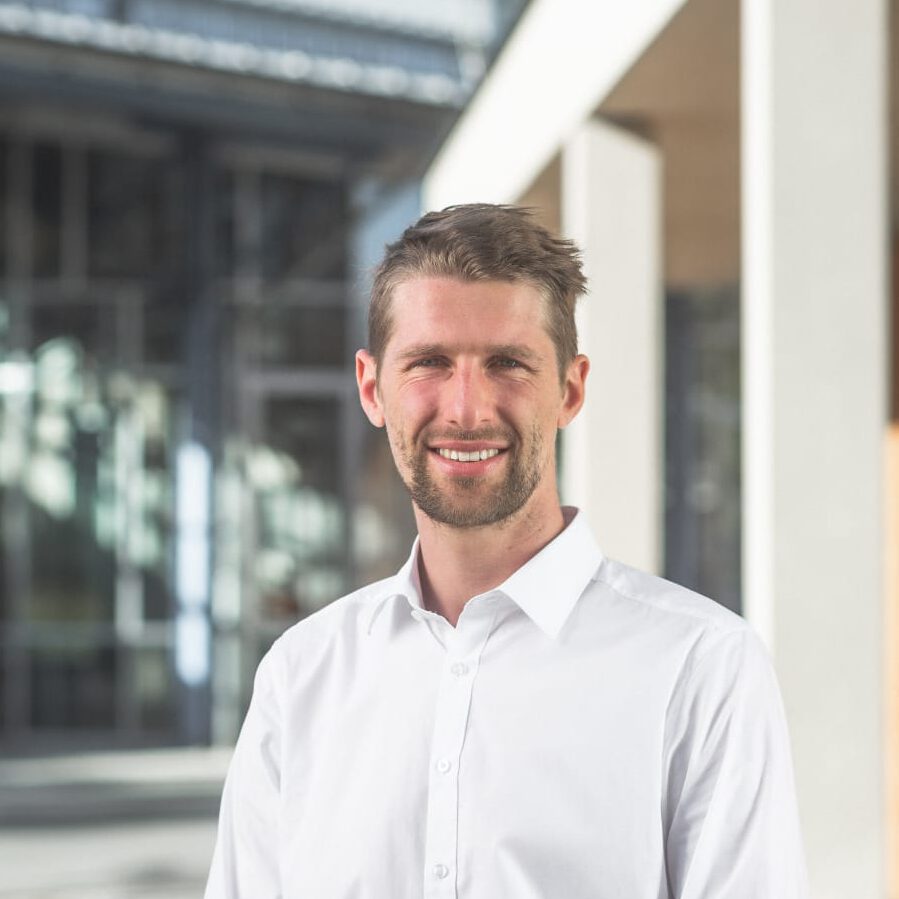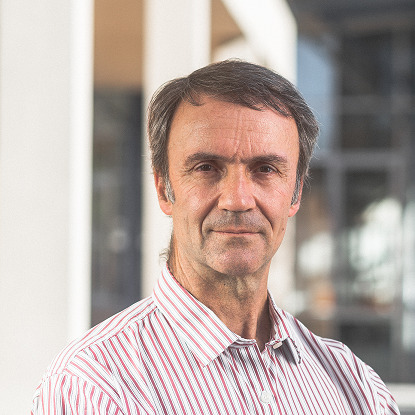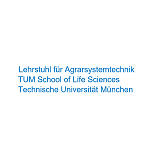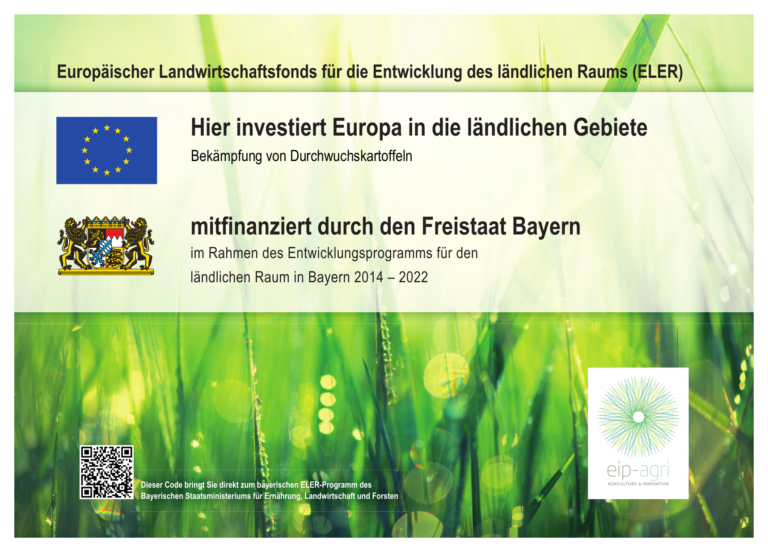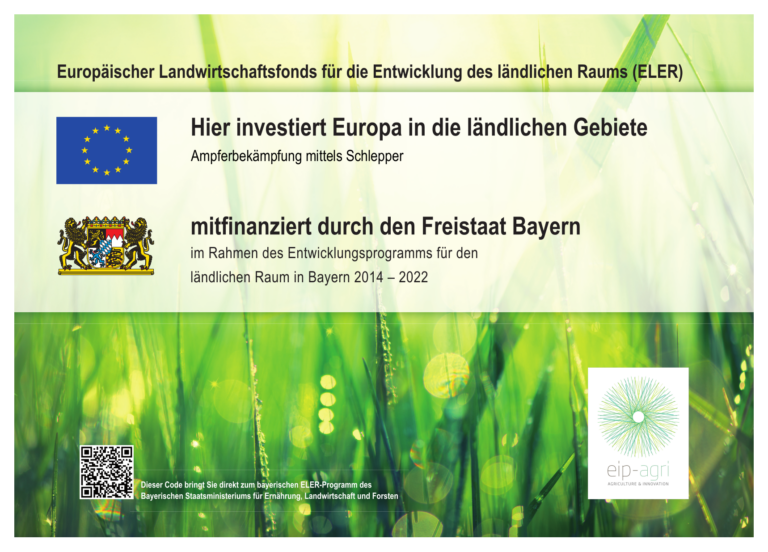
What is driving us?
Our founders Felix and Florian descend from a family of farmers in the Allgäu region in Germany, which switched to organic farming in 2016. Since then, they have to regularly help with the manual weed control themselves. Since this is very time-consuming and troublesome, they started looking for alternatives. It quickly became clear that there was no satisfactory solution on the market so far. Based on their technological background, the idea to develop a robot to make the work easier for farmers came into existence.



